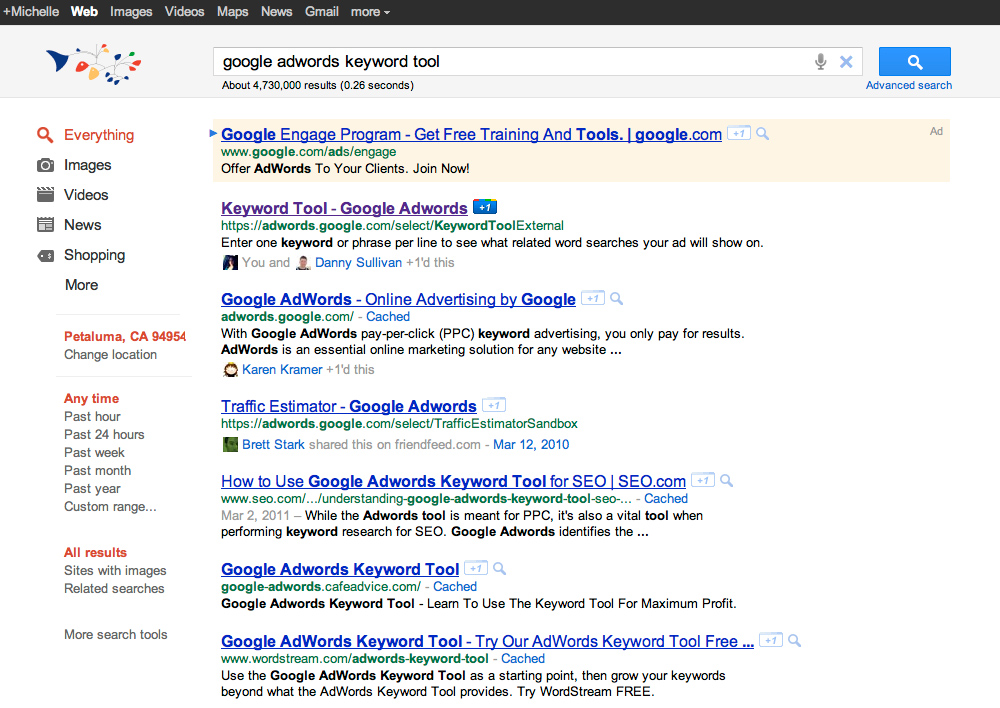

Google+ was, in a word, "forced." It was forced not only into products and on users but onto the rest of the company, too. In 2011, for instance, Larry Page famously tied all employee bonuses to the company's success in social. It was easy to see why Page decided to do this at the time: Facebook was big and growing and scary. What if people stopped using search and just asked their friends for websites and product recommendations?
With a fear-powered, top-down mandate and every employee having a vested interest in Google+, the social network got shoehorned into every Google product. Google+ showed up in Search, Android, Google Maps, YouTube, Google Play, and many others.
Google+ certainly isn't the first social Google product, but it is the latest in a long line of social failures that the company still doesn't seem to have learned from. It's not that Google can't build great social products—it can—it just continually misjudges which of its social products are good (or even which of its products are social) and therefore deserve the company's focus. Google's social past seems to follow a pattern: throw resources behind social products few people want and try to compel adoption, while neglecting the social products people do want.
Google Buzz

Google+ was a continuation of the strategy that Google first pioneered with Google Buzz: generate the "network effect" with brute force. The company took something users were already using—Gmail—and integrated it with Google Buzz. Overnight, Google had millions of "Buzz users," which must look like a big win for a numbers-obsessed manager.
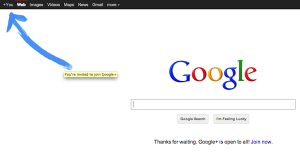
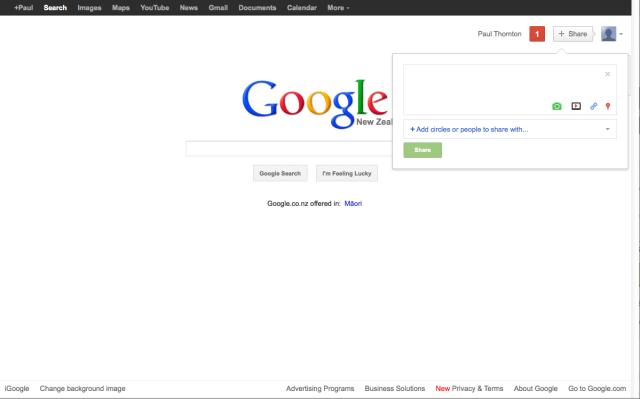
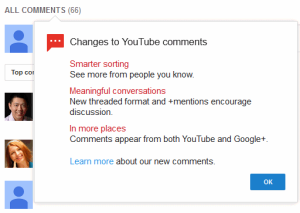
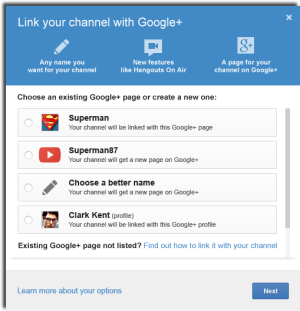
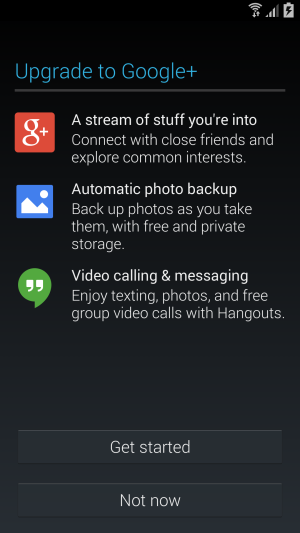
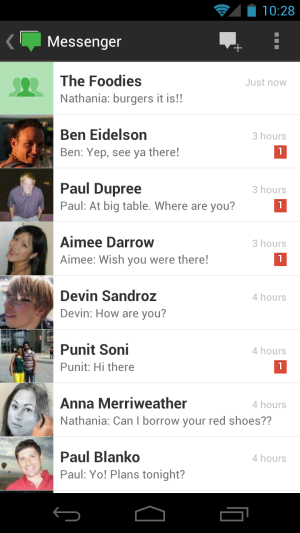
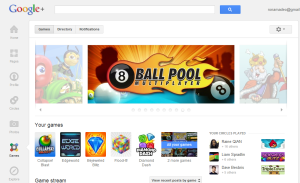
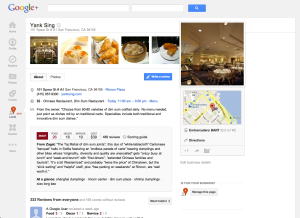
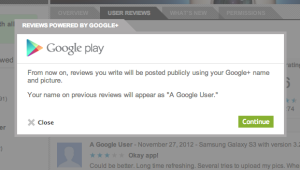
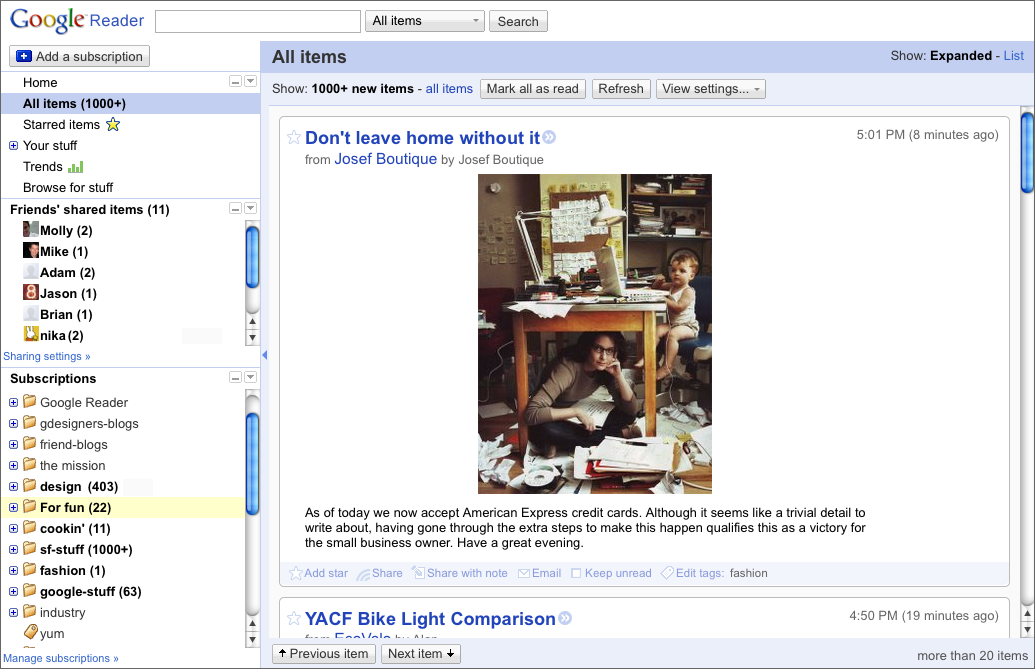

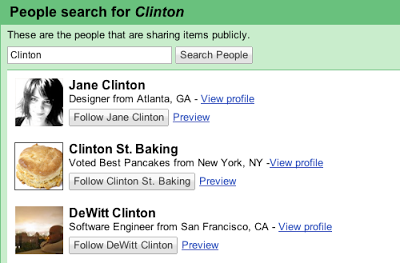

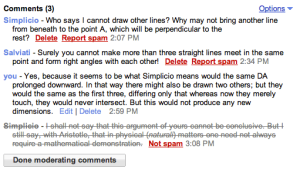

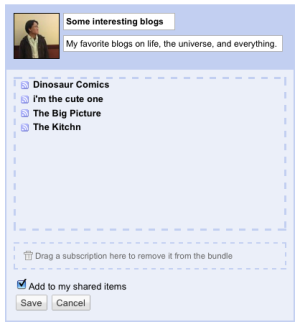
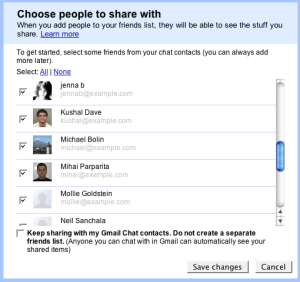
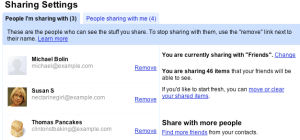

 Loading comments...
Loading comments...
